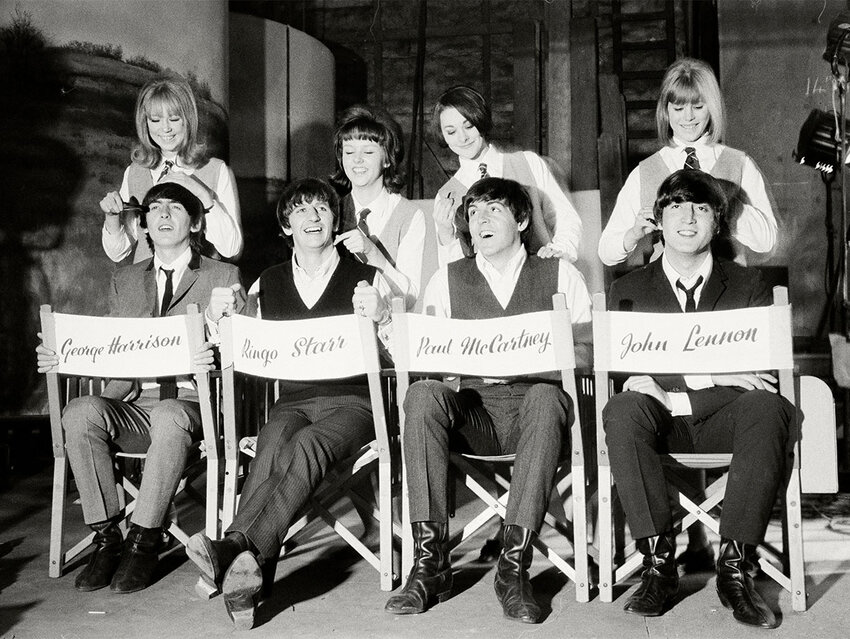
Feuilleton
[foi-ih-TAWN]
Part of speech: noun
Origin: French, 19th century
1.
A part of a newspaper or magazine devoted to fiction, criticism, or light literature.
2.
An article printed in a feuilleton.
Examples of Feuilleton in a sentence
"Newspaper feuilletons have shrunk as criticism and light literature have moved online."
"The feuilleton section of a newspaper provides an imaginative counterbalance to the strict facts of news reporting."
About Feuilleton
“Feuilleton” is taken directly from French, where the word can mean a literary article or newspaper section, but can also mean “soap opera.”
Did you Know?
In the golden age of newspapers, many aimed to offer readers a complete intellectual experience. Rather than simply report the news, weather, and sports, they also offered sections of literary criticism (sometimes in the form of book reviews) and new fiction. This general-interest section of newspapers was known as a “feuilleton.” This term was taken from French, where it described a nonpolitical supplement to French political newspapers, containing criticism, gossip, and literary writing. Many 19th-century French feuilletons featured serialized fiction works that became classics, such as Alexandre Dumas’ “The Three Musketeers.”








